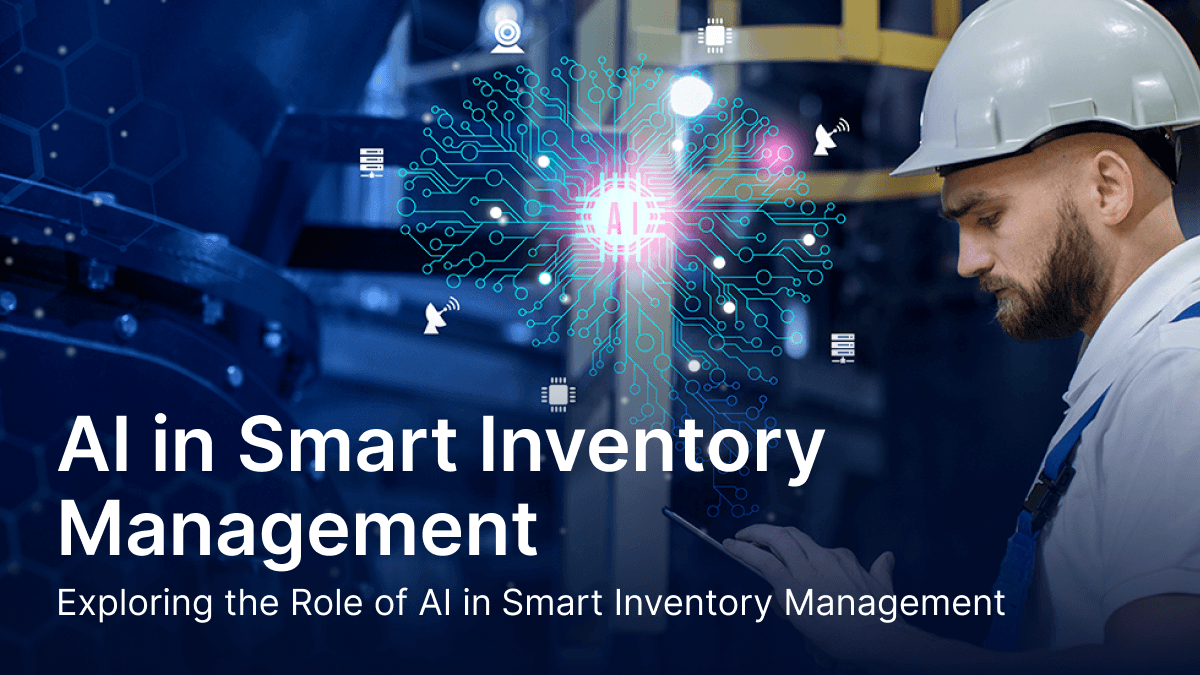Revolutionizing Inventory Management with AI
In today’s fast-paced and competitive business world, companies are constantly seeking ways to improve efficiency and streamline operations. One area that has seen significant advancements in recent years is inventory management, thanks to the integration of artificial intelligence (AI) technology. From forecasting demand to optimizing supply chains, AI is revolutionizing the way businesses manage their inventory.
One of the key benefits of using AI in inventory management is the ability to accurately predict demand. Traditional methods of forecasting often rely on historical sales data and human intuition, which can be unreliable and lead to over or understocking. AI, on the other hand, can analyze vast amounts of data in real-time to identify patterns and trends, allowing businesses to make more informed decisions about how much stock to hold and when to reorder.
Another way AI is transforming inventory management is through the optimization of supply chains. By leveraging AI algorithms, companies can automate the process of inventory replenishment and distribution, reducing the risk of stockouts and ensuring that products are available when customers need them. This not only improves customer satisfaction but also helps businesses save time and money by minimizing excess inventory and reducing carrying costs.
AI is also revolutionizing inventory management through the use of predictive maintenance. By analyzing data from sensors and other sources, AI can predict when equipment is likely to fail and proactively schedule maintenance to prevent costly downtime. This proactive approach not only helps businesses avoid disruptions in their supply chain but also extends the lifespan of their assets, leading to long-term cost savings.

Image Source: cubettech.com
In addition to improving efficiency and reducing costs, AI is also enhancing the customer experience. By using AI-powered chatbots and virtual assistants, businesses can provide real-time updates on product availability, delivery times, and order status, helping customers make informed purchasing decisions and track their orders more effectively. This level of transparency and convenience not only builds customer loyalty but also sets businesses apart from their competitors in a crowded market.
Overall, the impact of AI on inventory management is undeniable. By leveraging the power of artificial intelligence to predict demand, optimize supply chains, and improve customer experiences, businesses can stay one step ahead of the competition and drive growth in an increasingly digital world. As AI technology continues to evolve and become more sophisticated, the possibilities for revolutionizing inventory management are endless, paving the way for a more efficient, streamlined, and customer-centric approach to managing inventory.
Revolutionizing Inventory Management with AI
In today’s fast-paced world, businesses are constantly seeking ways to streamline their operations and increase efficiency. One area where technology has made a significant impact is inventory management. With the advent of Artificial Intelligence (AI), businesses are now able to revolutionize the way they track, monitor, and optimize their inventory.
Artificial Intelligence is transforming inventory management in a multitude of ways. From predictive analytics to automation, AI is helping businesses make smarter decisions and improve their bottom line. One of the key ways AI is transforming inventory management is through predictive analytics. By analyzing past data and trends, AI can help businesses forecast demand more accurately, leading to fewer stockouts and excess inventory. This not only saves businesses money but also improves customer satisfaction by ensuring products are always in stock.
Another way AI is transforming inventory management is through automation. AI-powered systems can now automate tasks such as inventory tracking, reordering, and even forecasting. This not only saves businesses time and money but also reduces the risk of human error. By automating these tasks, businesses can focus on more strategic initiatives and improve overall efficiency.
In addition to predictive analytics and automation, AI is also transforming inventory management through real-time monitoring. With AI-powered systems, businesses can now track their inventory in real-time, making it easier to identify issues such as stockouts or overstock situations. This real-time monitoring allows businesses to make quick decisions and adjustments, leading to a more agile and responsive supply chain.
Furthermore, AI is also transforming inventory management through optimization. By analyzing data and trends, AI can help businesses optimize their inventory levels, leading to reduced carrying costs and improved cash flow. This optimization not only improves the bottom line but also ensures that businesses are operating at peak efficiency.
Overall, Artificial Intelligence is transforming inventory management in a multitude of ways. From predictive analytics to automation, AI is helping businesses make smarter decisions and improve their bottom line. By leveraging the power of AI, businesses can streamline their operations, reduce costs, and improve customer satisfaction. The impact of AI on inventory management is undeniable, and businesses that embrace this technology will undoubtedly stay ahead of the competition.
Exploring the Role of Artificial Intelligence in Inventory Management